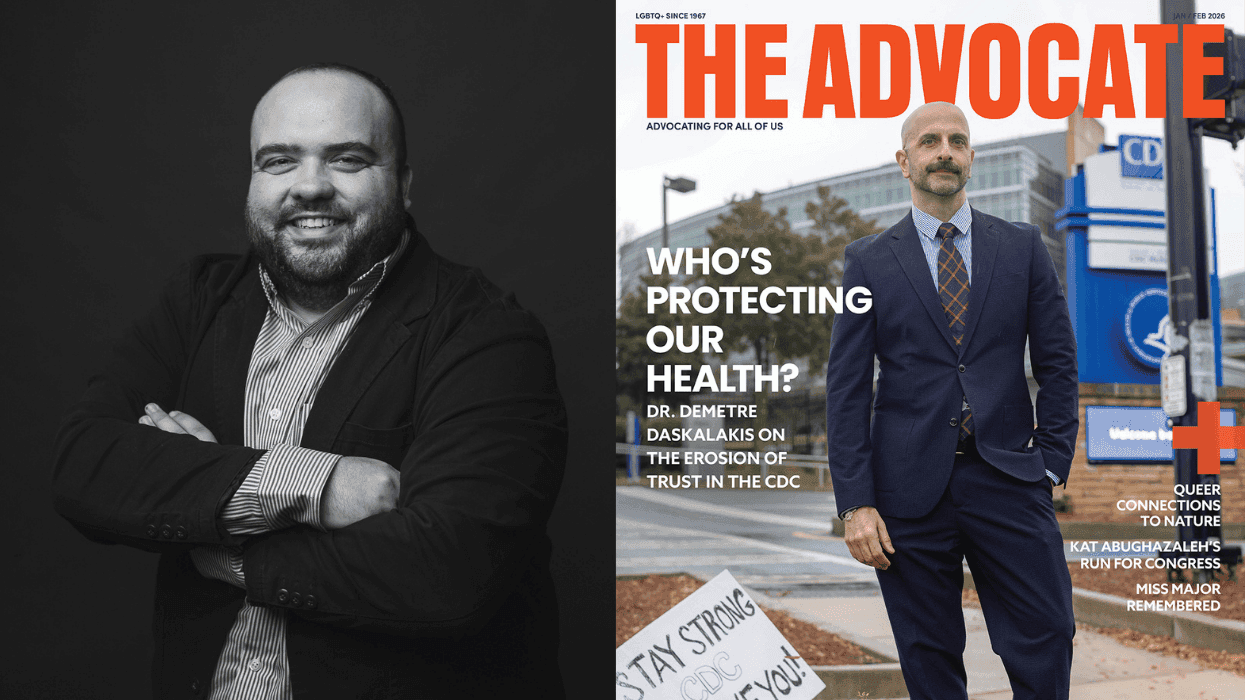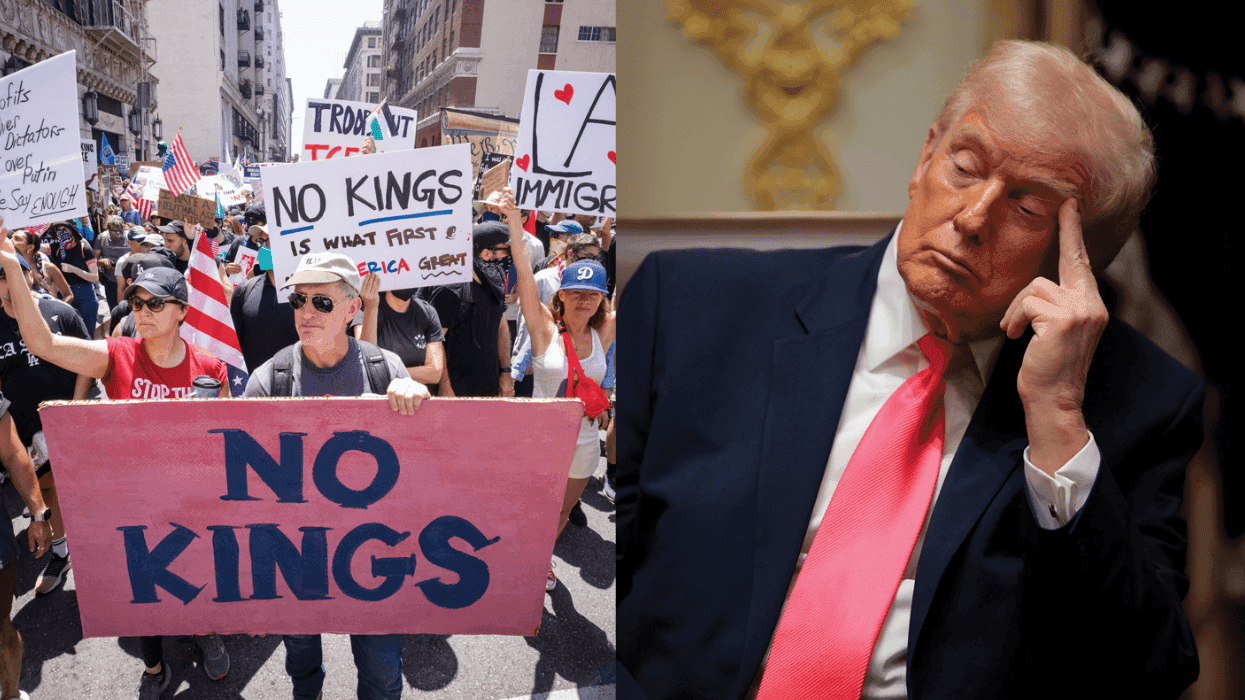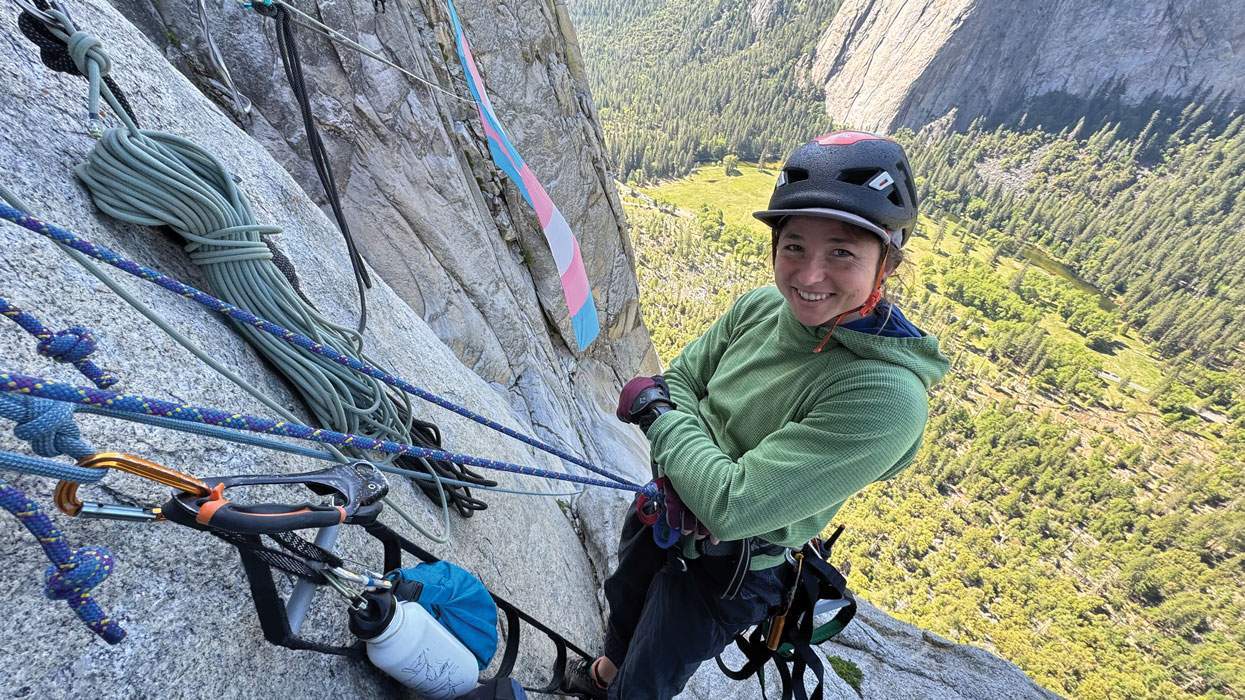In recent months the movement for marriage rights has been as rocky as many marriages themselves. There's been hopeful progress -- court victories against the Defense of Marriage Act, auspicious bills introduced in states like Rhode Island -- as well as exasperating losses, namely three pro-marriage equality Iowa supreme court justices booted from the bench in November, the result of a pernicious campaign by antigay groups. And now some GOP legislators in New Hampshire are attempting to roll back marriage rights there.
But the political landscape in New York gives advocates reasons to feel hopeful as they anticipate a second try for marriage equality in 2011 -- this time under Republican state senate leadership. The last time the senate took up a marriage bill, in 2009, it failed by a 38-to-24 vote, with not a single Republican backer. But developments since then have increased confidence about the next attempt. The senate saw a net gain of two votes for marriage equality this election cycle as well as the defeat of two longtime incumbent senators -- one Democrat and one Republican -- who had voted against allowing gay couples to marry in the state. Organizations like Empire State Pride Agenda, the Human Rights Campaign, and Fight Back New York were all instrumental in replacing the senators with pro-equality pols.
"Even more significant than doing the head count is the way that those victories were achieved," says Ross Levi, executive director of the Pride Agenda, the statewide lobbying group. "The remaining legislators on both sides of the aisle have to be thinking that they don't want the strength of our community turned on them in a similarly negative way."
Observers note that new governor Andrew Cuomo, a Democrat, has vowed to pass marriage equality this year. Unlike his predecessors, Eliot Spitzer and David Paterson, who clashed with the legislature, Cuomo has exhibited a cooperative spirit toward lawmakers as he seeks to first tackle the budget crisis, having won office on a platform of fiscal responsibility and ethics reform. Analysts also expect a more disciplined senate.
"As 'don't ask, don't tell' repeal proved, both political parties can come together to do what's right. We'll make that clear in New York as well," says Brian Ellner, senior strategist for HRC, which is producing a celebrity video series to raise awareness of the issue among voters. "Not only will we feature prominent Republican voices as part of our New Yorkers for Marriage Equality campaign, we'll also activate voters in key swing districts to show that fairness doesn't have a partisan divide."
However, with 32 votes required to pass a bill, advocates have yet to reach the winning formula. Currently 26 senators are pro-marriage equality, meaning a few more Democrats and a handful of Republicans are still needed. But with the recent demonstration of gay realpolitik and polls showing voters favor marriage equality, in 2011 advocates feel closer than ever to a win.
"It really comes down to a handful more votes," says Evan Wolfson, executive director of Freedom to Marry. "It's about nailing them down while we create the climate that reminds legislators that a solid majority of New Yorkers support this, particularly in these tough economic times."















